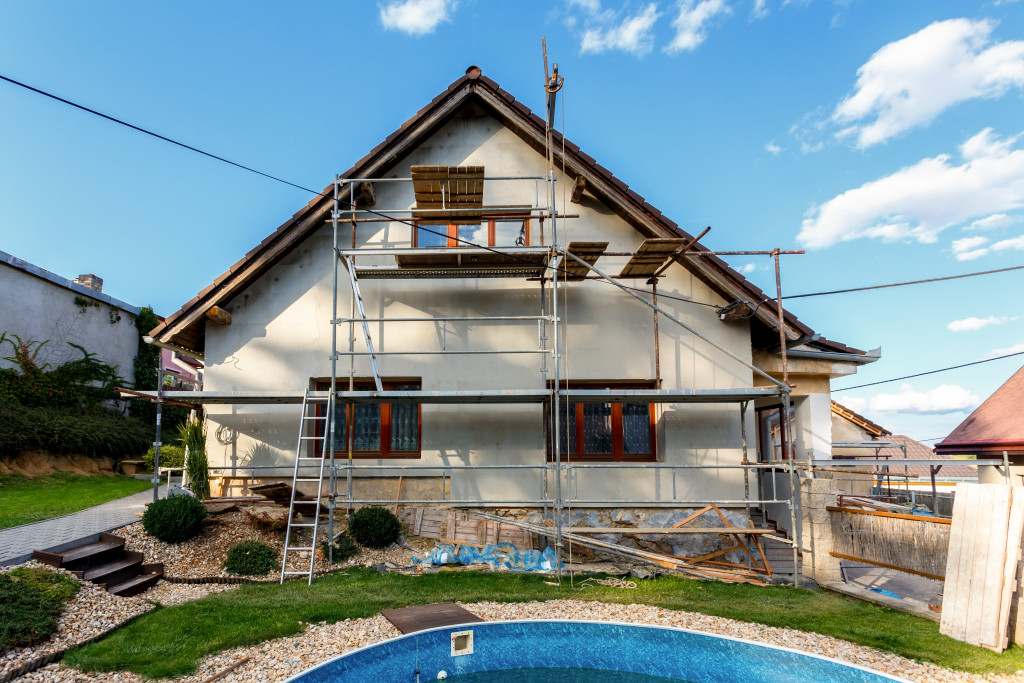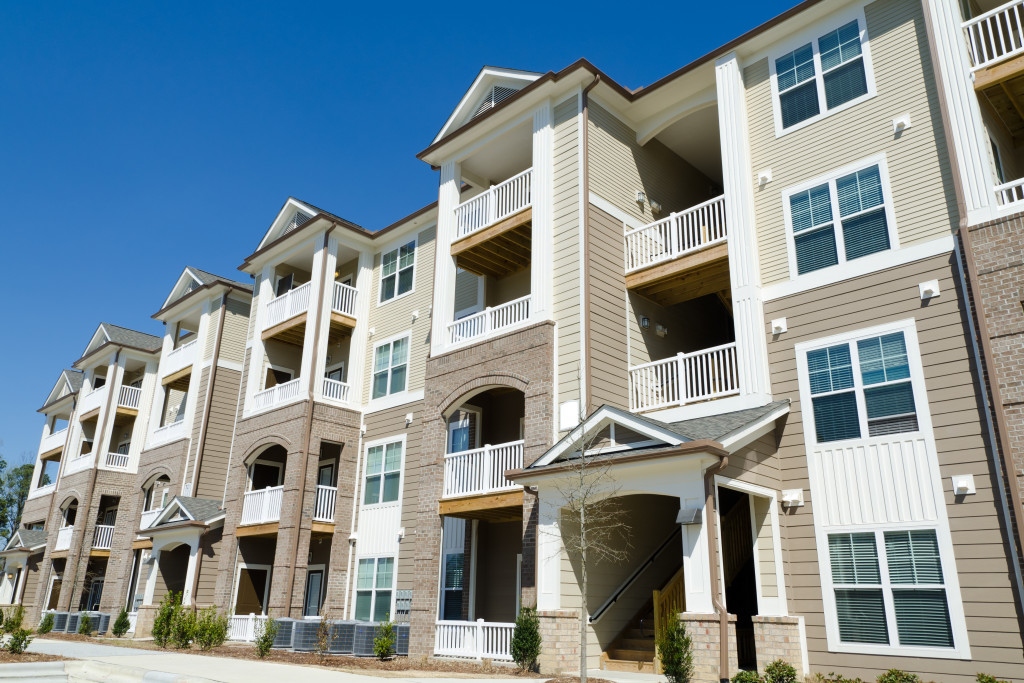As a rental property investor, you want to ensure your investments generate money. According to Census data, there are 19.95 million rental properties in the United States, containing 48.2 million rental units. As such, competition in the market is fierce, and you want to stand out among other landlords. Here are four strategies for keeping your rental investment profitable and sustainable.
1. Establish a Rental Strategy
The first step in ensuring that your rental investments remain profitable is having a well-thought-out strategy for managing your rentals. This means setting goals for what you want from each property, such as cash flow or capital gain, and then implementing measures to achieve those goals. It also involves understanding local market conditions to ensure your rental rates remain competitive.
Additionally, it’s vital to devise a rental policy that outlines the terms of renting your property and sets out expectations for tenants. This should include rules on late payments, noise levels, pets, smoking, etc., and specifying the rent due date and any other payment requirements. Furthermore, defining a screening process helps you ensure only reliable tenants are admitted. This includes running background checks and verifying references and credit scores.

2. Conduct Regular Maintenance
Properties need regular maintenance to stay in good condition and retain their value over time. Regular preventative maintenance, such as painting, replacing worn carpets, repairing broken fixtures, etc., can save money over time by avoiding costly repairs resulting from neglect. Inspecting properties regularly to catch potential problems before they become expensive repairs is also essential.
It is essential to check for potential issues and address them immediately when conducting regular maintenance. Boiler repairs are one of the most common preventive tasks that should be carried out regularly. Ensuring boiler repairs are serviced at least once a year by a professional can detect any problems early on, saving time and money in the long run by avoiding emergency repair costs. Additionally, keeping boilers in good condition aids in reducing energy consumption and carbon emissions, which helps to improve the environment.
It is also crucial for property owners to be aware of any safety issues that may arise when conducting maintenance tasks. Faulty wiring, blocked chimneys, and water damage should all be inspected and addressed by a professional. Additionally, checking for gas and carbon monoxide leaks regularly is vital to avoid potential disasters. Any problems should be addressed by a qualified engineer immediately.
3. Set Competitive Rental Rates
Rental rates should be competitive to attract responsible tenants who will take good care of the property and pay their rent on time. Keeping an eye on local market conditions is key for setting competitive rental rates high enough to provide a decent return but not so high as to make the property unaffordable for most prospective tenants.
Researching the local market for other rental properties and their rates is a great way to ensure you’re setting competitive rental rates. Assess amenities, square footage, and any additional features of your unit compared to similar units in the area to determine if they contribute to its value. You may also consider offering incentives such as a discount on the security deposit or discounted rent for a longer lease.
In addition, you may want to provide additional services that would entice people to become tenants, such as free internet access, parking fees, and other perks. These can help your property stand out from the competition and attract more potential renters.
4. Take Advantage of Tax Incentives
Investing in rental properties can offer tax benefits such as deductions for mortgage interest, real estate taxes, insurance premiums, and more. These incentives can help reduce your taxable income and maximize your return on investment.
You can also take advantage of tax credits for specific rental properties, such as energy efficiency upgrades or renovations. For example, the Energy Star program offers tax credits to landlords who upgrade their existing rental units with approved energy-efficient upgrades. Additionally, many states offer deductions or credits for qualified renovations and repairs to your property.
It is essential to stay informed on any changes in tax laws that could affect those who own rental properties. Many of the incentives and deductions available are subject to change and may be limited in certain circumstances. It is always a good idea to consult with your accountant or another tax professional to understand which deductions you qualify for and how much you can expect to save.
To Wrap It Up
A profitable rental property requires implementing strategic practices to maximize returns and minimize risks. Whether you’re just getting started as an investor or are looking to expand your existing portfolio, following these four strategies will ensure that your investments remain profitable over time.
